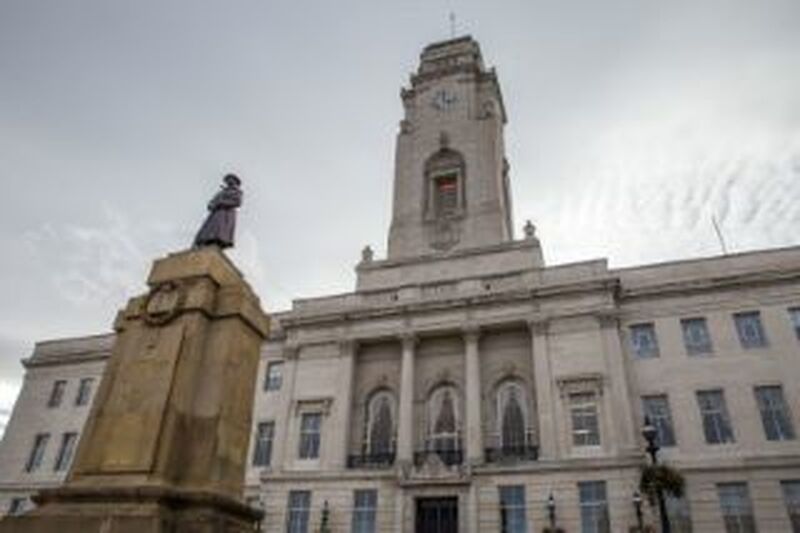THE extent of the cost-of-living crisis - this week labelled an ‘unprecedented’ event by Barnsley Council bosses - has been laid bare in a report which reveals more than 40,000 households are now encountering financial difficulties.
A raft of fresh support has been signed off as a result of the findings, which shows:
- One third are classed as being in fuel poverty.
- A quarter of the town’s children live in low-income households.
- One in five qualify for free school meals.
- About 41,000 homes are in fuel poverty.
- Some 26,000 people are claiming Universal Credit.
Government cash secured through the Household Support Grant (HSG) scheme totalled £2.3m from April to September this year - which supported more than 11,000 households in the borough - but another allocation, again worth £2.3m, is set to help the worst-off throughout the winter to March next year.
Council bosses have also proposed to spend £3m of the local authority’s own money to expand the affordable warmth scheme, providing a three-year, sustainable programme with new boilers and upgraded insulation for people who qualify.
Councillors on a scrutiny panel will hear more about what local authority bosses are doing to help those in need at a meeting at Barnsley Town Hall on Tuesday.
The report said: “While the cost-of-living crisis is having a significant impact across the country, it is disproportionately affecting boroughs like Barnsley where poverty was already increasing before the Covid-19 pandemic.
“It is exacerbating inequalities and disproportionately affecting the poorest communities.
“Price rises driven by energy price inflation, alongside additional taxation, are having an impact on most households in the borough with the energy price hike in autumn set to amplify these challenges further.
“The council cannot solve the cost-of-living crisis, but it will work collaboratively with partners to do what it can.
“Tackling poverty and addressing these inequalities is not new for a borough like Barnsley, however the scale of the crisis is unprecedented.
“Central government has committed to an assistance package to support households with the cost-of-living crisis and rising energy prices.
“It is targeted at those in most need, with vulnerable households receiving at least £1,200 this year.”
According to the council, vulnerable households have been faced with prioritising either heating or eating - and worries have been expressed further as colder temperatures begin to set in.
So far, 90 per cent of Barnsley households have received a council tax rebate, while pensioners and those with disabilities have been given £300 and £150 respectively to help towards bills.
“Each area council in Barnsley are pulling their local partners together to provide a unified and informed response,” the report added.
“Some areas are providing fairs where there will be practical solutions to living on a budget, ‘cook and eat’ sessions, and access to different partners to understand what support is on offer.
“The six areas are sharing good practice and learning from each other.
“‘Warm hubs’ will be promoted in local communities and this information will be shared with providers so they can also direct people to the right places for support.
“Area councils will also be delivering winter warmer packs with support from commissioned services.”
A host of organisations have also been given grants to help people who come to them including foodbanks, The Salvation Army, kids’ sports clubs, schools and colleges which have used cash to pay for uniforms, and Community First Credit Union, which has provided interest-free loans to Barnsley residents for food and energy costs.
Barnsley Council leader Sir Steve Houghton said: “Tackling poverty and addressing the related inequalities is not new for us as a council, however the scale of the current crisis is extraordinary./ /
“We have a borough-wide commitment with our partners to support people and businesses through this period of uncertainty and to continue to provide help to people who need it most.
“News and information about the crisis are inescapable - it’s been the main topic of many news channels for some time now.
“That’s why we’re making sure that the funding made available from the government is getting to those who need it, as well as looking at how we can use our own resources to support people.
“We’ve really seen Barnsley pull together over the last two years - we hope that this will continue.”



























